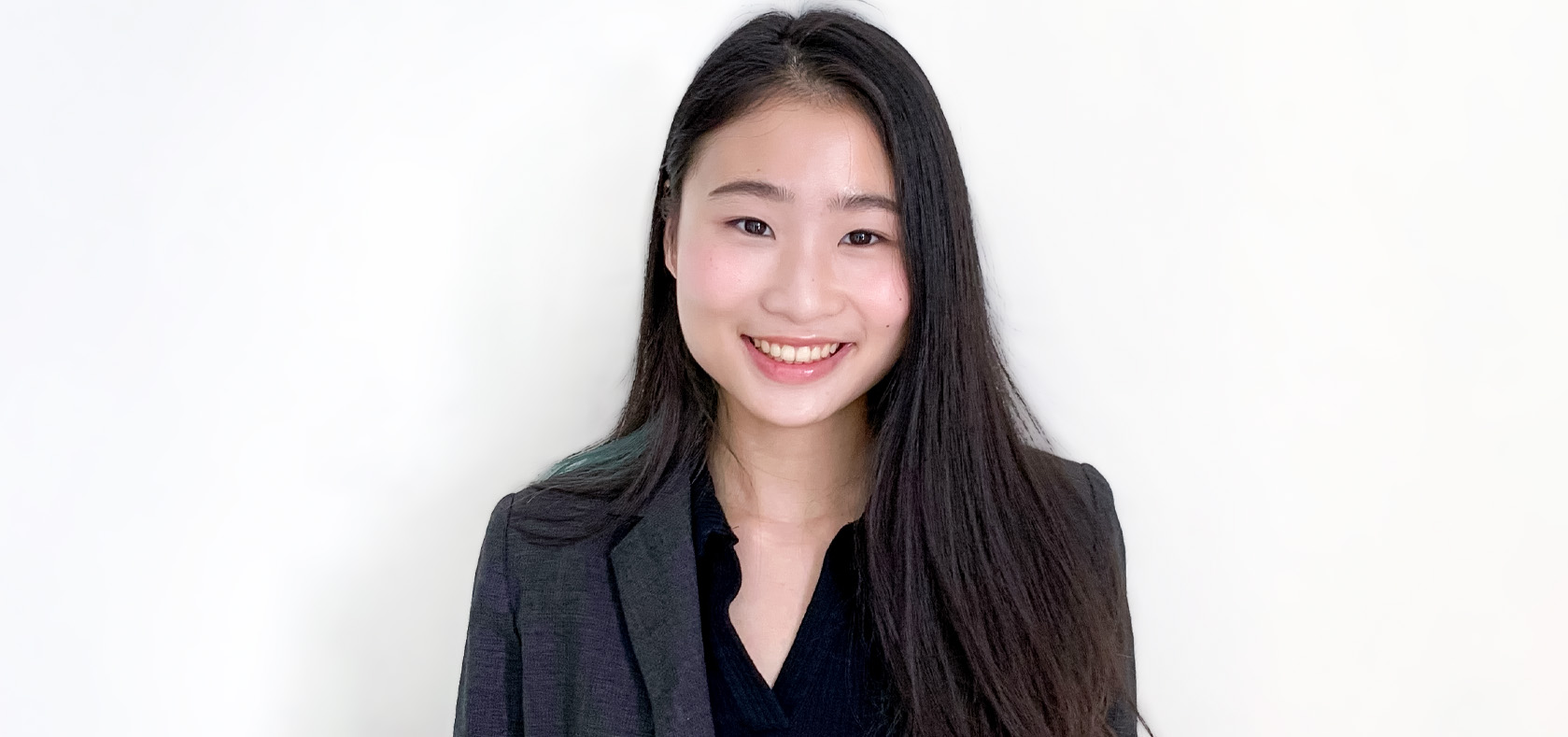I am Generation Equality: Natchaporn Namsirikul, Thai medical student and human rights activist
Date:
Billions of people across the world stand on the right side of history every day. They speak up, take a stand, mobilize, and take big and small actions to advance women’s rights. This is Generation Equality.
Interviewed by: Varitthaya Rassamee and Poompat Watanasirikul


I am Generation Equality because…
I believe in a world where everyone is equal. I also believe in the power of our generation. We have come to an era when youths are empowered to speak up for themselves and for others. I believe in changes that include everyone in our communities, leaving no one behind, and I am confident that we, all together, can build a better world for us all.
Climate change affects women more
Gender inequality is the root cause of many problems because it affects our well-being, for example, unequal pay, gender-based violence, and stereotypes. Climate change consequences are also severe because they affect our health, income, and almost all aspects of life.
Three things you can do to support women affected by gender inequality and climate change:
- Correct our mindsets and educate ourselves and our communities.
- Speak up and address every act of discrimination we face or witness.
- Be more conscious about the environment, such as by going green or by not wasting so much food.
Women work harder but get paid less, and it's a major problem because the income that we make is going to indicate our well-being and quality of life. Gender inequality heavily influences the diverse effects of climate change on our well-being.
The majority of people who fall under the poverty line are women. This makes women unable to afford protection against climate change consequences. For example, one of the consequences of climate change is air pollution. If you make more money, you are able to buy protection such as a mask or air purifier.
When I grow up, I will make sure the discrimination laws are given more importance. I will make sure that people around me have the correct mindset regarding gender inequality and about the health of the planet, about climate change.
Awareness, engagement, equality
We also want to give medical students and youths the tools and knowledge to involve themselves in the movement for the health of the planet, as well as to pressure the authority to take concrete action to prevent further climate change.
Firstly, what we hope to achieve in the future is a global community where people are aware of the environmental and gender issues that are the hot topics of today. We would like this conversation to continue and not lose traction.
Secondly, we want engagement from the youth sector. We want young people to be equipped with the skills and knowledge to force positive change in our community.
Thirdly, we want a society in which everyone is equal. We want to see cooperation between the private sector, governments, media, youth, and non-governmental organizations in order to combat climate change and gender-based violence.